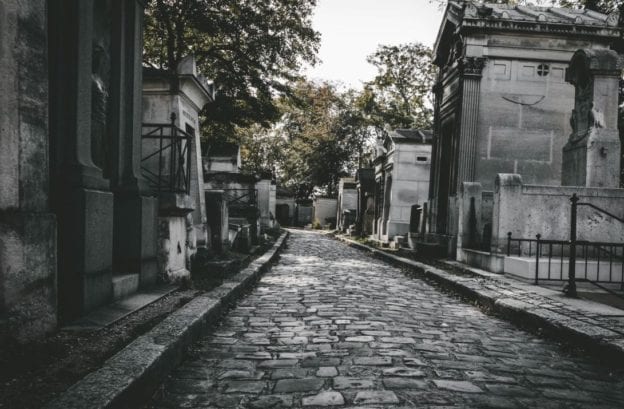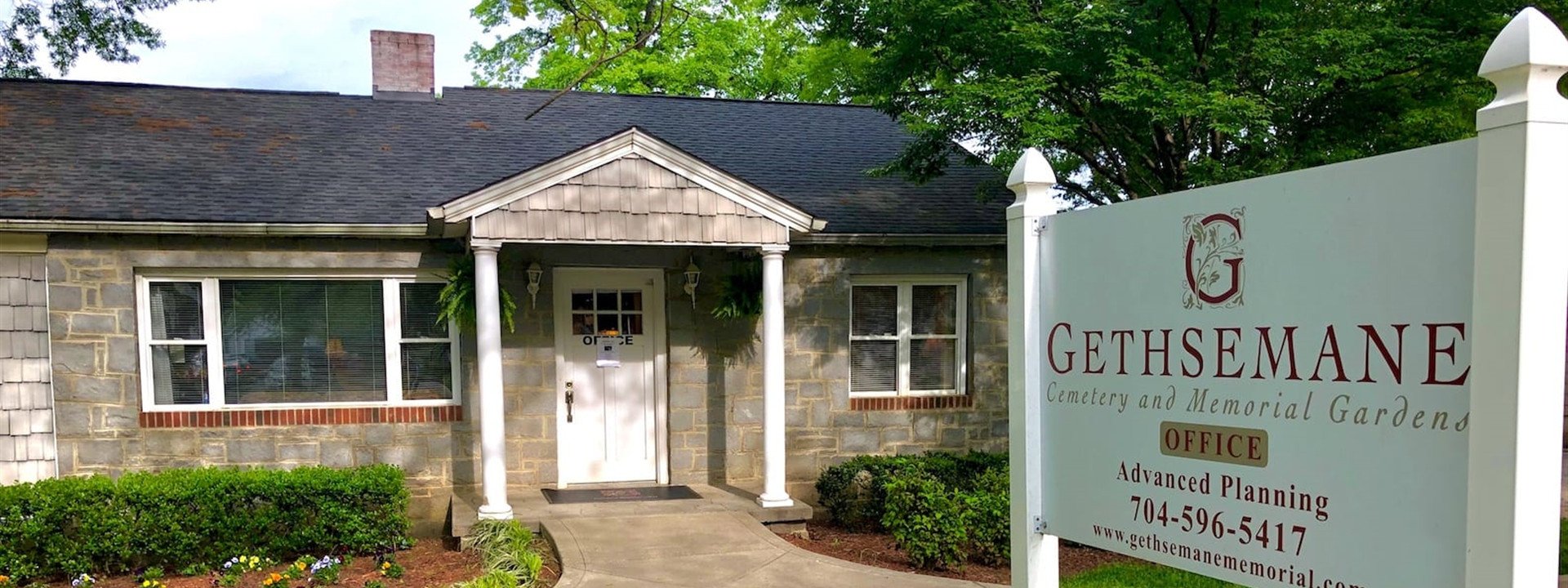
All About Body Donation Before a Burial
Organ and tissue donation give the gift of life, sight, and health every single day, and make excellent precursors to burials at cemeteries in Charlotte, NC. According to national statistics, about 115,000 people in the United States are waiting for a life-saving transplant right now, and about 20 people die every day while waiting for an organ. Plus, there are countless other diseases, infections and conditions that kill because we don’t know enough about how to treat or cure them.
Depending on your preferences, needs and specific circumstances, you can choose to donate your whole body or your organs and tissues, as body donations can be used for both science and life-giving organ donations. Organ and tissue donation focus on recovering specific tissues and organs for the purpose of gifting them to people waiting on transplant lists. One organ donor can save up to eight people and one tissue donor can save up to 50 people.
Organ and tissue donation don’t prevent the bereaved from having a cremation or funeral after the donation, though the exact cause and circumstances of the death and organ donation might impact the timing of any funeral or cremation service arrangements. The United Network for Organ Sharing (UNOS) is in charge of organizing and distributing organs and tissues across the United States. Donated tissues and organs are removed from the original body by surgeons and then given to the new body.
If you would like to register as an organ and/or tissue donor you need to contact your state UNOS outpost or associated institution online or by the phone. Many registries require the donation of many kinds of organs from eyes and tissues to hearts, lungs and more. You can choose to be both an organ and tissue donor and a whole-body donor. If you choose this route, any needed organs and tissues will be removed and then the body will be sent to a chosen institution.
Whole body donation is when the entire body is donated to be used in medical training, scientific research, or mortuary science training. While not as outwardly glamorous or heroic as donating organs or tissue to a dying person, whole body donation still saves likes as it helps medical students learn more about anatomy and disease and provides researchers with the opportunity to explore medical conditions and diseases.
Both of these can lead to thousands of saved lives in the future as they help educate the future leaders of medicine and determine how diseases and conditions can be treated or cured.
 It’s important to make arrangements with an institute in advance in order to donate your whole body to medical or mortuary science. There are barely any out-of-pocket costs associated with whole body donation, and, oftentimes, your remains will be returned to our family once they are no longer needed. Generally, the remains are cremated at the institution and then the ashes are sent back to the family for final disposition.
It’s important to make arrangements with an institute in advance in order to donate your whole body to medical or mortuary science. There are barely any out-of-pocket costs associated with whole body donation, and, oftentimes, your remains will be returned to our family once they are no longer needed. Generally, the remains are cremated at the institution and then the ashes are sent back to the family for final disposition.
Gethsemane Cemetery and Memorial Garden is here to help if you want to learn more about donation or Charlotte, NC cemeteries.

